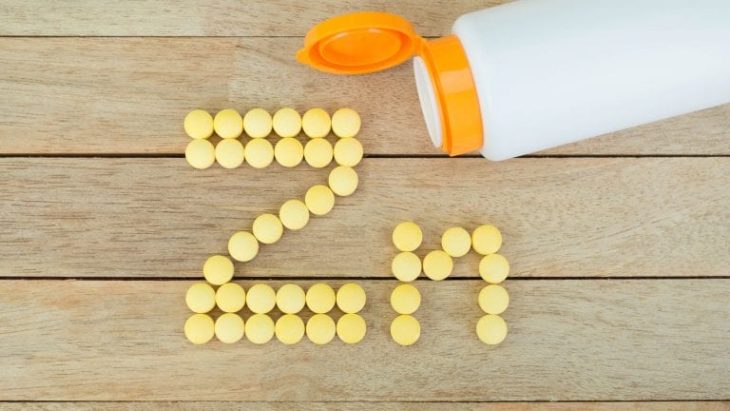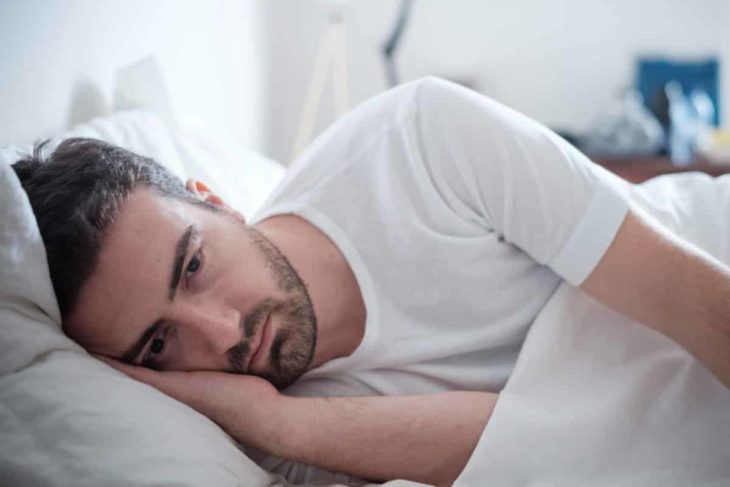We all are aware of the importance of getting a good night’s sleep, although, this may seem like a distant luxury for some of us because there are a large number of variables that affect the quality of our sleep. While lifestyle and diet can directly impact, other factors such as hormones also play an undeniably significant role.
Testosterone, which is the primary male sex hormones, tends to increase during sound sleep. So does a good sleep increases testosterone or high level of testosterone induces a good sleep? It’s a tough question to answer.
How Testosterone Levels Impact Sleep Quality
Testosterone tends to vary throughout the day in a circadian manner. After about 90 minutes of sleep, testosterone tends to rise gradually and reaches its peak and stays at its peak until you wake up. In younger individuals, testosterone levels peak during REM (rapid eye movement) sleep, which is after 90 minutes and they remain elevated during sleep, while for middle-aged and older men it takes more time for testosterone to reach its peak.

source: en.wikipedia.org
Studies link sleep deprivation directly to low levels of testosterone and there is strong evidence to suggest that this hormone may be responsible for various sleep disorders, including sleep apnea.
So what can you do?
- Weight training
Any forms of weight or resistance training are proven to increase testosterone in men across all ages. Studies show that certain types of exercise such as squats, bench presses, and deadlifts boost testosterone levels. Therefore, regular exercise will not just release endorphins to improve your general mood and endurance capabilities, but it will also encourage quality sleep by boosting testosterone.

source: yourhealth.net.au
- Test Boosters
There is various health benefits associated with the use of testosterone boosters, from increasing energy levels to decreasing body mass. It encourages and improves the quality of your sleep, while also surprisingly improving your mood and confidence as an added desirable benefit. Pleasingly, there are studies that confirm testosterone supplements really can provide you with a good night’s rest.
- Try Zinc/Magnesium Tablets
Popularly known as ZMA, they can actually encourage a good night’s rest. ZMA supports your immune system and helps manage sleep better.

source: health.com
- Check if you have sleep apnea
Sleep apnea is a condition in which someone stops breathing in their sleep for short periods. Snoring is one of the signs if you have sleep apnea. If you have sleep apnea, in that condition testosterone therapy won’t be useful. In that case, it’s best to consult a medical professional who will recommend CPAP, mouthpieces, or other snoring aids depending on your condition.
Considering Your Best Options
While the link between low testosterone levels and poor quality sleep is clear and confirmed by various clinical studies, you should also take into account that there is a variety of factors that impact the quality of your sleep.

source: mattressclarity.com
